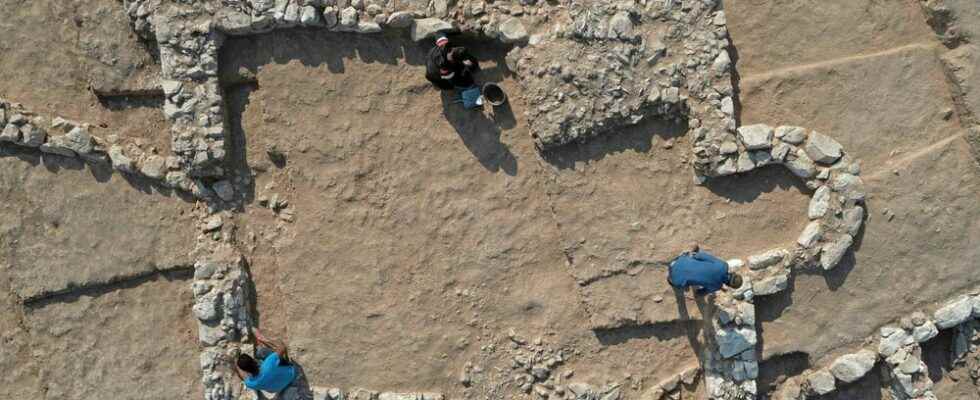The discovery was made when a new residential area was to be built in the Bedouin city of Rahat in the Negev desert.
Remains from the foundation show that the building consisted of a square room with a side facing Mecca. On another wall was a semicircular niche – a mihrab – which also faced the city.
“These unique architectural features show that the building was used as a mosque,” Israeli authorities wrote The Guardian.
Archaeologists believe that the building was built sometime during the 600s or 700s. The mosque find is described as one of the oldest known in the world. Three years ago, a similar mosque from the same period was excavated in the area.
In the latest excavation, the archaeologists also found the remains of a “luxury villa”, where precious household utensils and glass objects show the prosperity of those who lived in the house. It is likely that these are Byzantine Christians, writes Haaretz.
Together, the three buildings testify to a time of religious change in the area, which went from being Christian to Muslim.
“They were built gradually and took over the former Byzantine rule and the Christian religion that had the power over the place for centuries,” Israeli authorities write of the mosques and the transition to Islam.
The most recently discovered The mosque was built on land used for agriculture during the Christian era, according to archaeologists.
– We have also found land that was continued to be cultivated during the Muslim period, but we do not know if the owners converted. We also find buildings from the Muslim period that have not been built on older structures. They show expansion, says archaeologist Elena Kogan to Haaretz.
The finds will be preserved in their original place either as historical artifacts or as a place of prayer.
